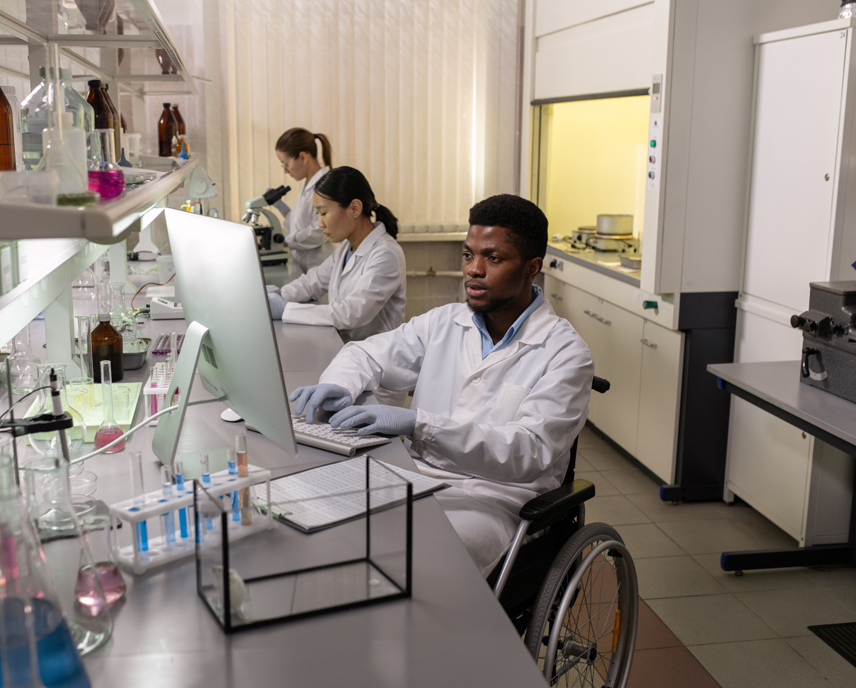
Karakusevic Carson Architects specializes in meaningful engagement with residents and local communities when raising the standard of public housing design – currently we are doing works on Masefield House, Wordsworth House & Dickens House as part of the South Kilburn regeneration programme.
We often offer work experience, community fun days and free training to residents in the areas we work with.
Currently we are offering:
• a fully sponsored Information Technology and Computing course with includes a bursary of £1,000 per term.
• £9,500 worth of refurbished IT hardware equipment such as laptops, desktops, tablets, printers, mobile phones and IT accessories.
The only requirement is being a local resident of Brent.
Attached is the PDF which goes into more detail and application forms if you know of anyone that may be interested, final applications should be in by 31/08/2022 or as soon as possible.
Young people over the age of 16 cannot claim Disability Living Allowance (DLA). Instead, you must apply for a Personal Independence Payment (PIP). You can claim PIP if your disability or health condition means that one or both of the following are true:
You could get a bursary to help with education-related costs if you’re aged 16 to 19 and:
Your school or college will have their own criteria for discretionary bursaries. They’ll look at your individual circumstances - this usually includes your family income.
Ask student services about their criteria and any evidence you’ll need.
You can apply to a discretionary bursary if you’re over 19 and either:
It may also be worth having some pre-prepared questions for the open day - check out:
 Hot tips for Open Day Questions
Hot tips for Open Day Questions